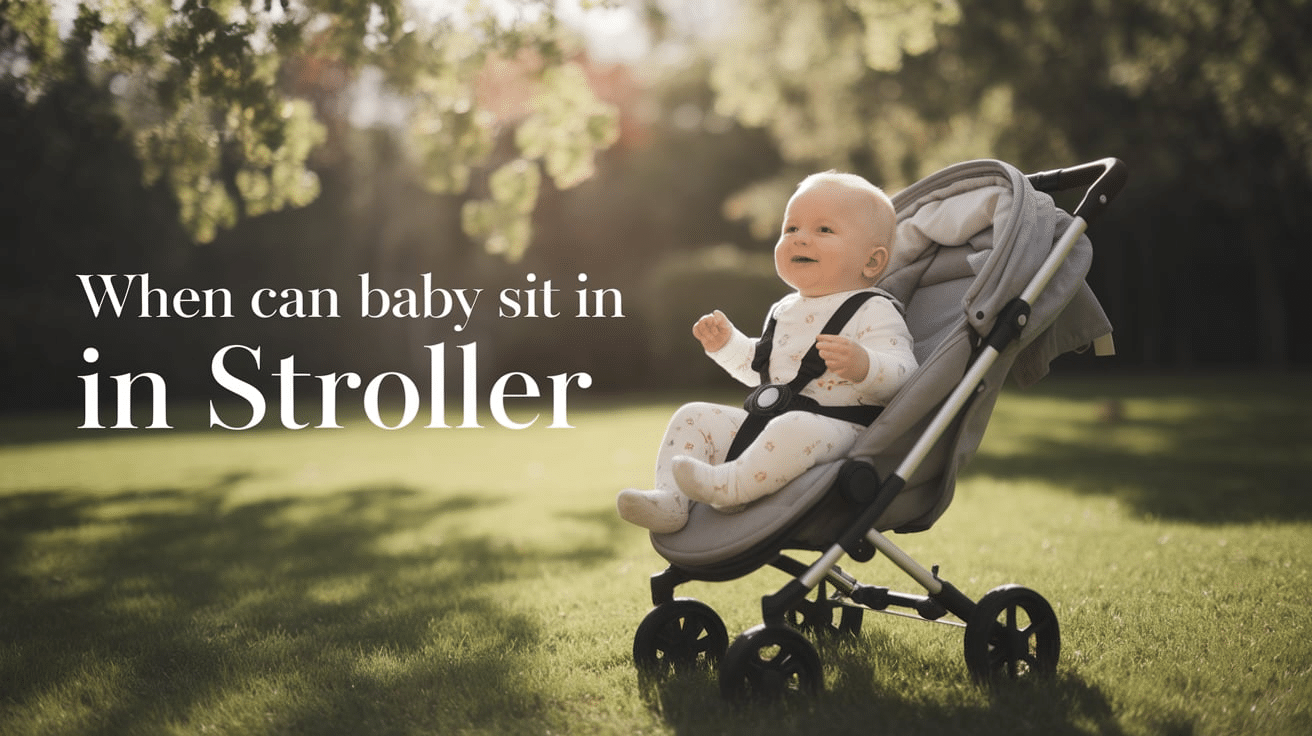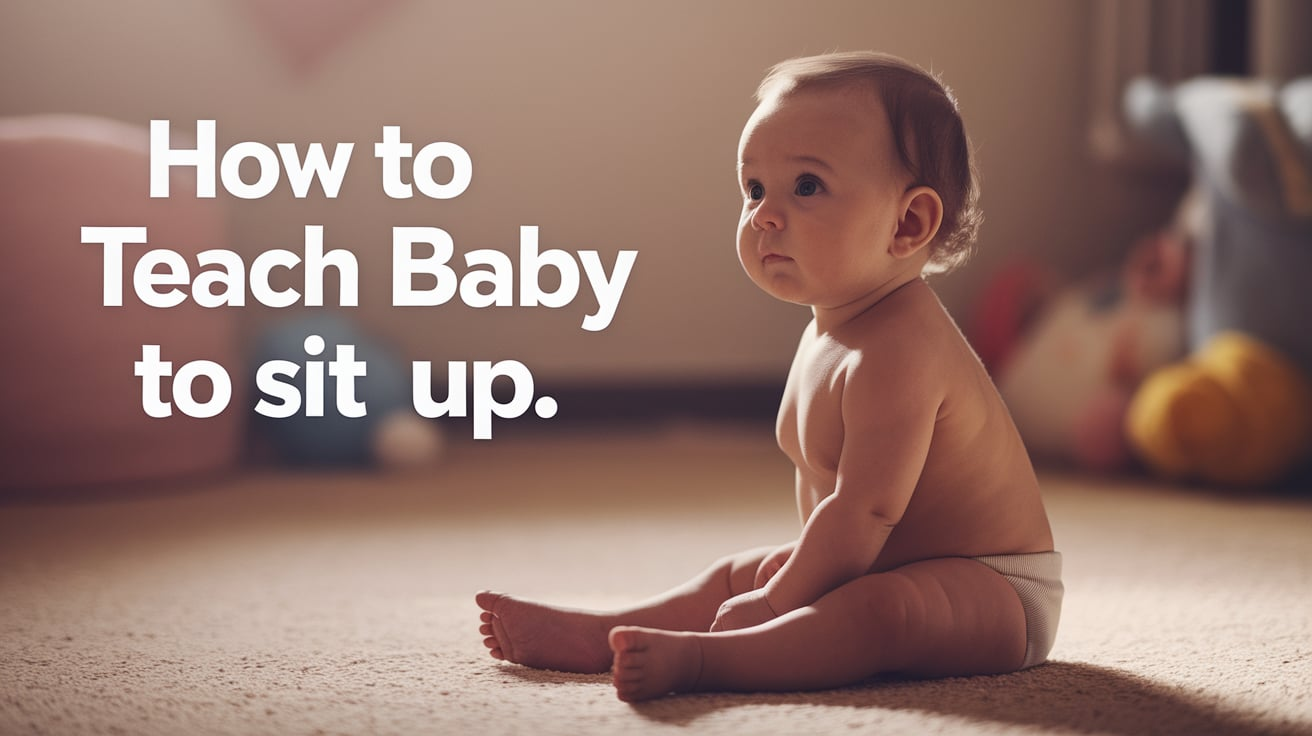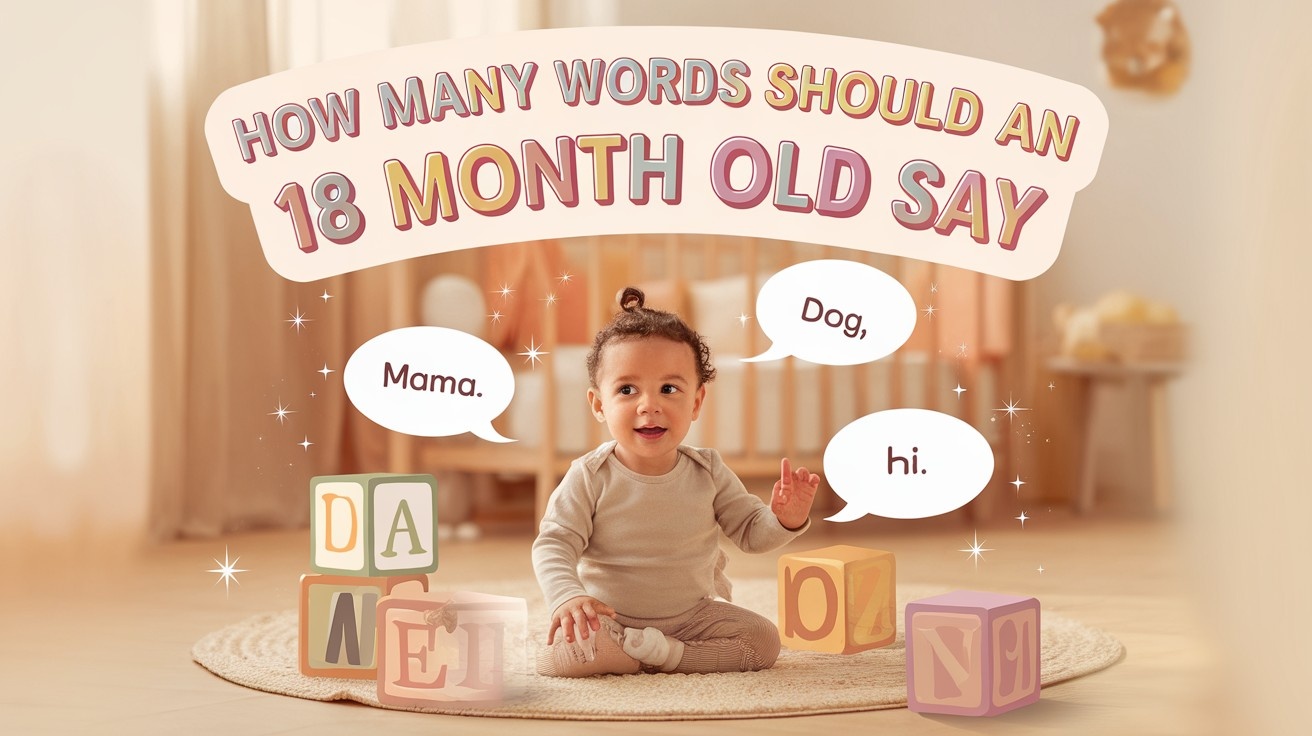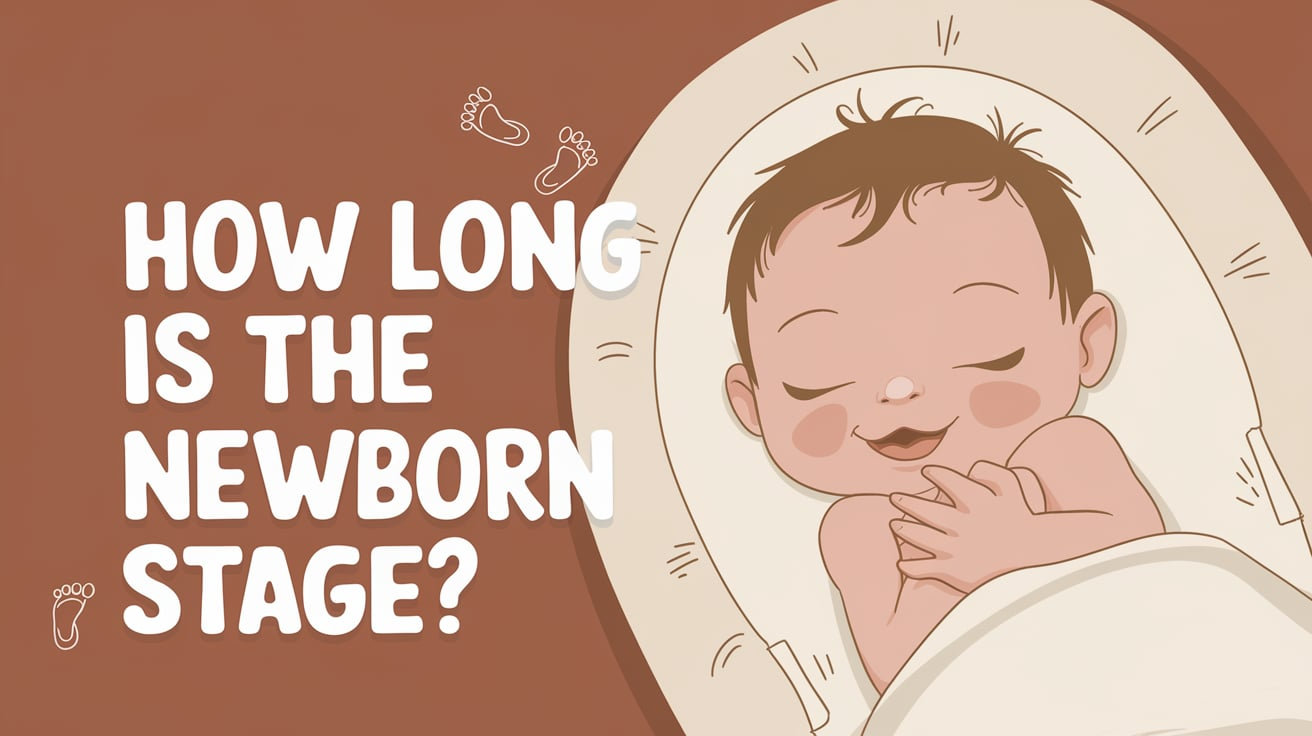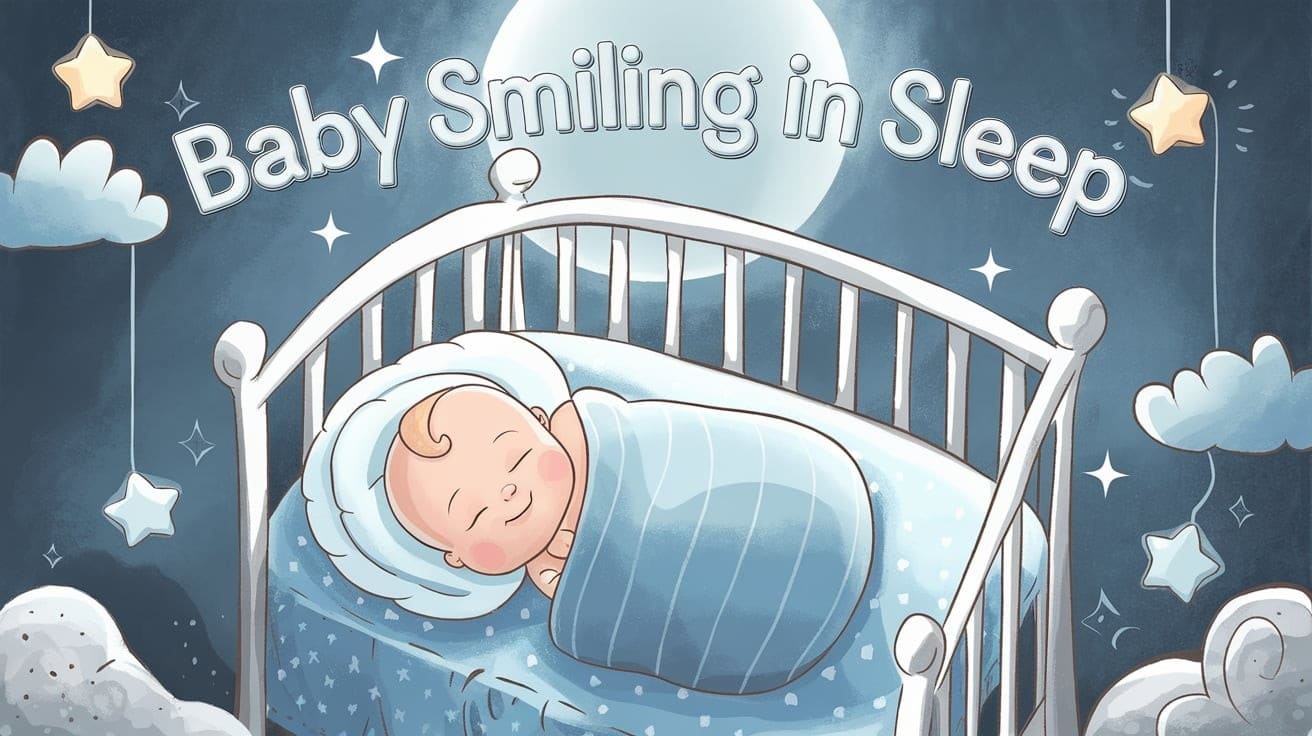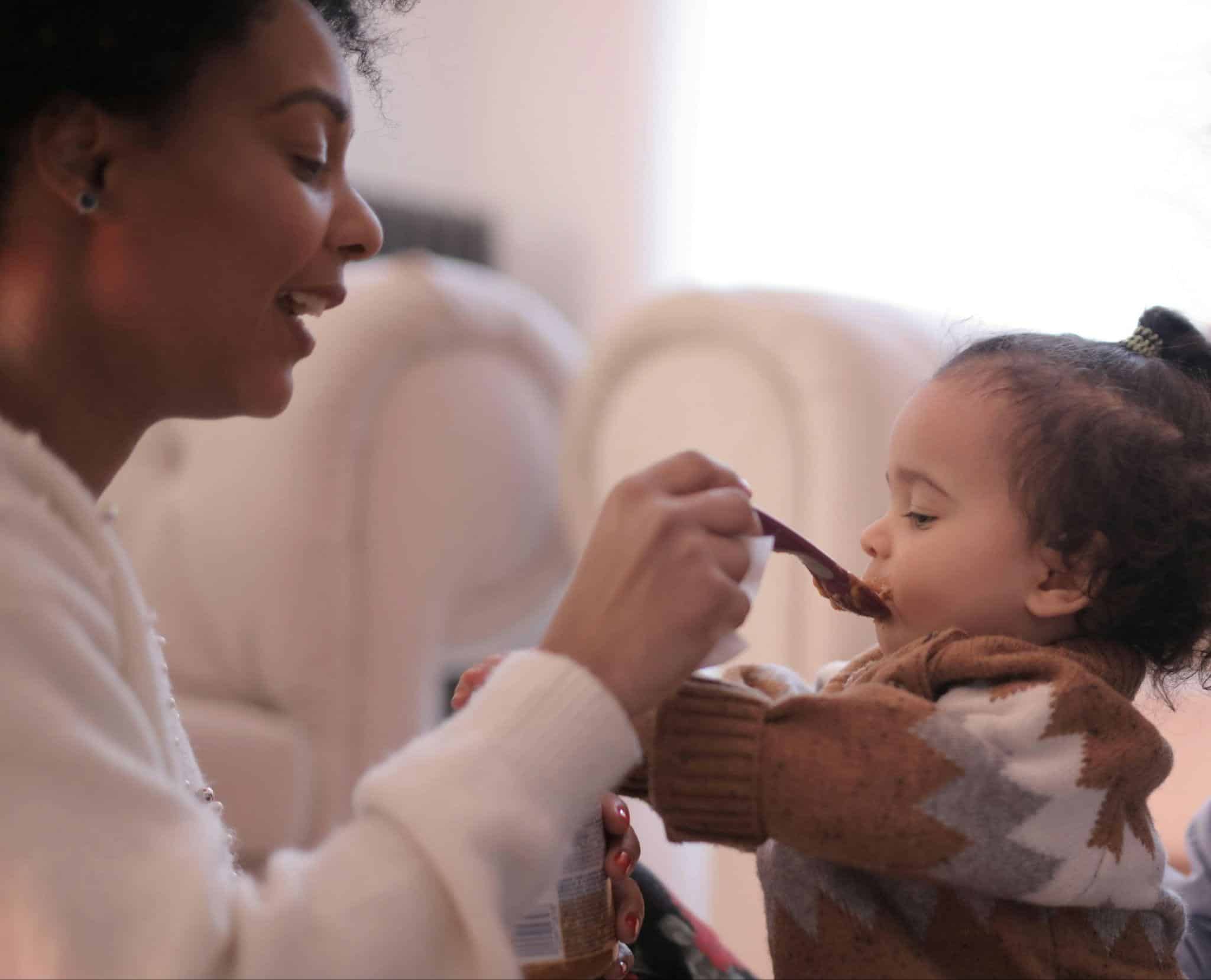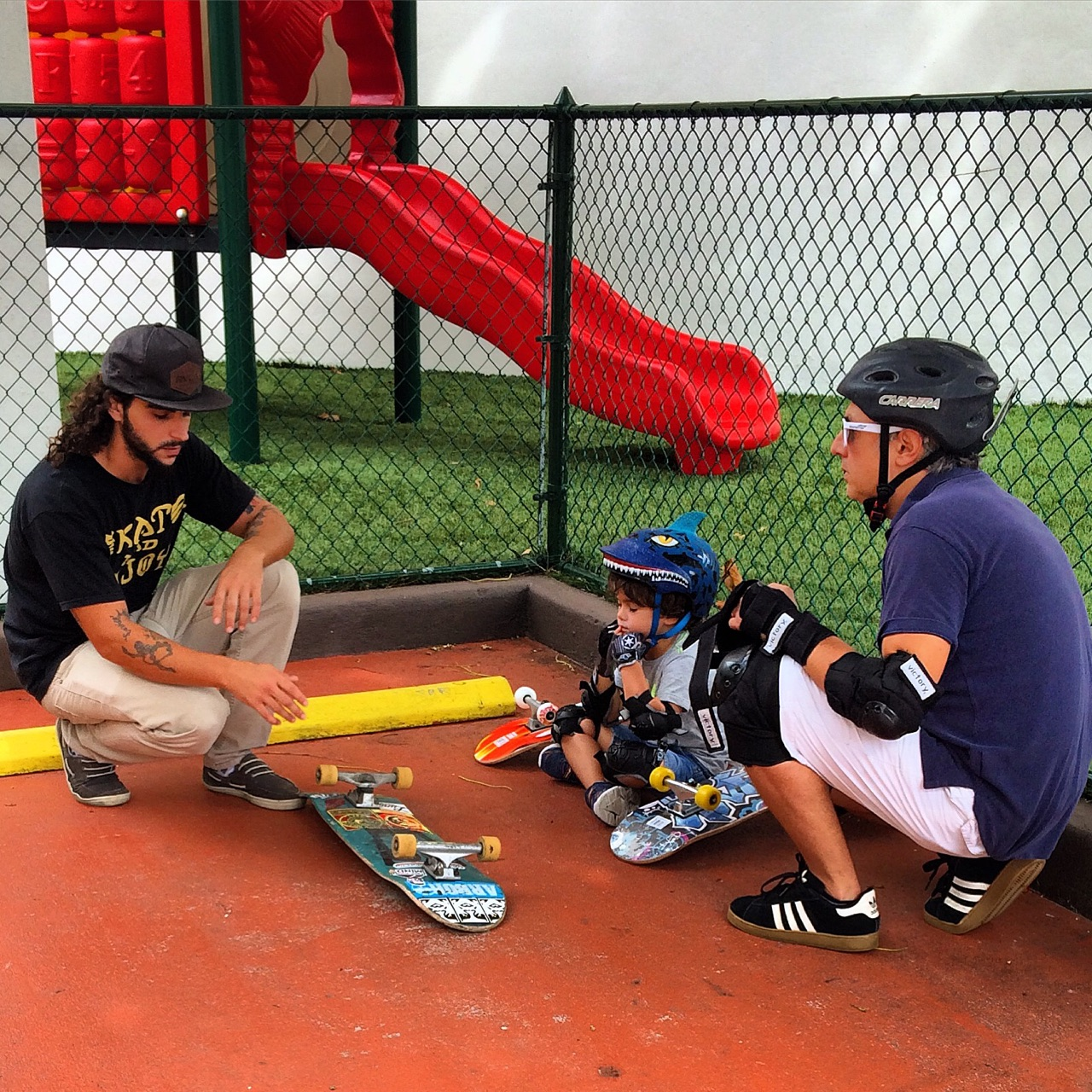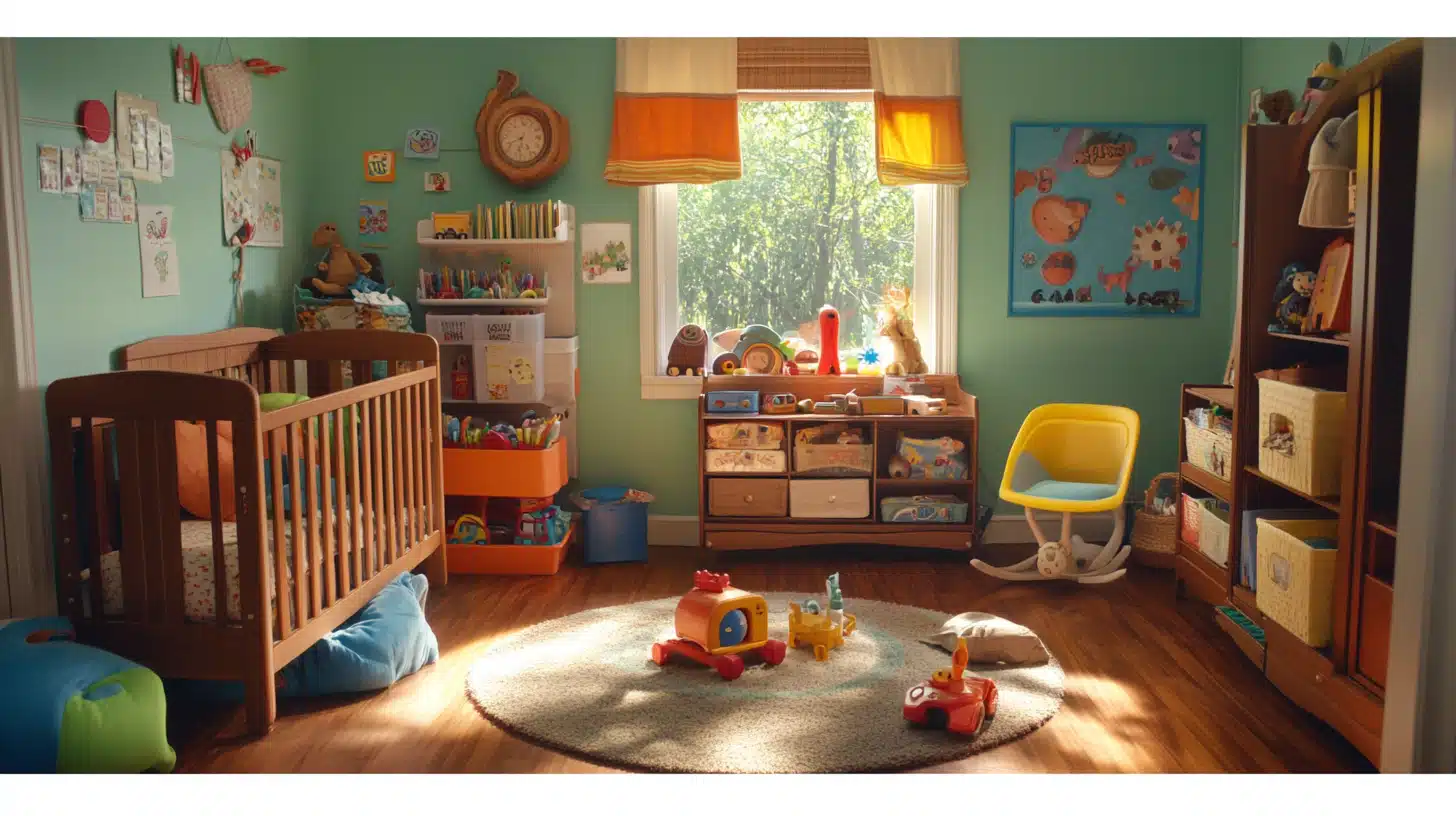
Choosing a nursery for your child is an important decision that requires careful consideration. While many nurseries provide excellent care, some may not meet essential safety, educational, or emotional standards. To help you avoid potential pitfalls, here are seven key red flags to watch for when selecting a nursery.
1. Poor Staff-to-Child Ratios
One of the most critical aspects of quality childcare is ensuring that children receive adequate attention. If a nursery appears understaffed or caregivers seem overwhelmed, it could indicate that staff-to-child ratios are too high. In the UK, Ofsted regulations set clear guidelines for staffing levels.
For example, at least one staff member should be for every three children under two. If a nursery does not meet these standards, your child may not receive the care and supervision they need.
2. High Staff Turnover
Frequent caregiver changes can be unsettling for children and may indicate deeper issues within the nursery, such as poor management or low staff satisfaction. High staff turnover can disrupt the stability of the nursery environment and impact the quality of care. When visiting a nursery, ask about staff longevity. A team that has been together for a long time is often a positive sign of a supportive and well-managed environment.
3. Lack of Cleanliness and Safety Measures

Hygiene and safety should be top priorities in any childcare setting. If you notice dirty play areas, unclean toilets, or food preparation areas that appear unsanitary, this is a major red flag. Additionally, check for basic safety measures, such as secure entry systems, well-maintained toys, and appropriate fire safety precautions. A nursery that does not prioritise cleanliness and safety may put your child at risk of illness or injury.
4. Limited Outdoor Playtime
Outdoor play is crucial for children’s physical and cognitive development. Nurseries should provide regular opportunities for children to play outside in a safe and engaging environment. If a nursery lacks outdoor space or does not incorporate outdoor activities into the daily schedule, this could limit your child’s physical and social development. Be sure to ask how often children are taken outside and observe the available play areas.
5. Inconsistent or Non-Transparent Policies
Clear policies on issues such as discipline, sickness, and communication with parents are essential for a well-run nursery. This is a concern if the nursery staff cannot provide clear answers about their procedures, or if policies seem vague or inconsistent. A quality nursery will have transparent guidelines and be willing to discuss them openly with parents. Be cautious of nurseries that avoid answering questions or appear disorganised in their approach.
6. Unengaged or Unhappy Children

When visiting a nursery, pay close attention to the atmosphere. Do the children seem engaged, happy, and comfortable? Or do they appear withdrawn, distressed, or uninterested? A well-run nursery will foster an environment where children feel secure and stimulated. If you notice that children seem disengaged or if there is a lack of positive interaction between staff and children, this could be a sign of poor-quality care.
7. Negative Reviews or Poor Ofsted Reports
One of the best ways to assess a nursery’s reputation is by checking reviews from other parents and reading Ofsted inspection reports. You should search for any feedback through Google searches such as “hove nurseries” or “[nursery] + reviews”, consistently negative feedback or concerns raised in official reports should not be ignored.
While one or two negative reviews may not be a deal-breaker, repeated complaints about the same issues—such as lack of supervision, poor communication, or unhygienic conditions—should raise alarms.
Selecting the right nursery for your child is an important decision that requires research and observation. By being aware of these red flags, you can avoid potential issues and ensure your child is placed in a safe, nurturing, and developmentally supportive environment. Trust your instincts, ask plenty of questions, and always visit a nursery in person before making your final decision.




